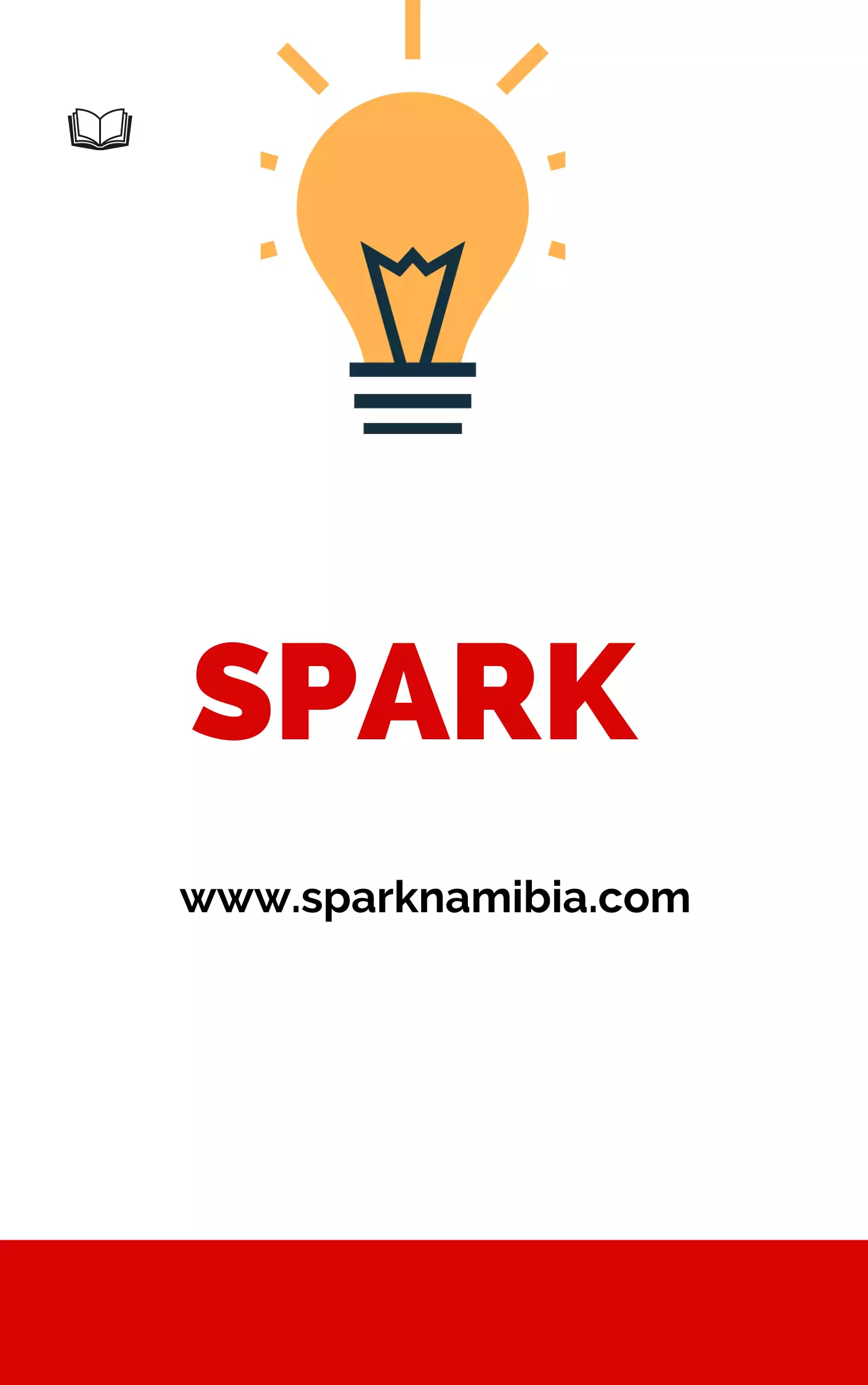
Mastering Decision-Making and Problem-Solving Skills: A Path to Success
Updated: 2023-07-07 05:40:03
Effective decision-making and problem-solving skills are essential in both personal and professional realms. The ability to make sound decisions and solve problems efficiently can lead to better outcomes, improved productivity, and a sense of empowerment. In this blog, we will explore the significance of honing these skills, discuss strategies to enhance decision-making and problem-solving abilities, and highlight their positive impact on various aspects of life.
-
Understanding Decision-Making and Problem-Solving: Decision-making involves the process of selecting the best course of action from available alternatives. Problem-solving, on the other hand, is about identifying, analyzing, and resolving challenges or obstacles. Both skills require critical thinking, analysis, and the ability to evaluate options effectively.
-
Gather Relevant Information: To make informed decisions and solve problems effectively, gather relevant information from reliable sources. This may include conducting research, seeking advice from experts, analyzing data, and considering different perspectives. The more comprehensive your understanding of the situation, the better equipped you are to make sound judgments.
-
Define the Problem: Clearly define the problem or challenge you are facing. Break it down into smaller components to identify the root cause and understand the underlying factors. A well-defined problem helps you focus on finding appropriate solutions and minimizes the risk of tackling superficial symptoms.
-
Explore Multiple Perspectives: Consider different viewpoints and opinions to broaden your understanding of the situation. This can be achieved through brainstorming sessions, seeking input from colleagues or stakeholders, or engaging in diverse discussions. Embrace the diversity of ideas to explore innovative solutions and gain a comprehensive perspective.
-
Evaluate Alternatives: Generate multiple alternatives and evaluate their potential outcomes. Consider the pros and cons, risks involved, and the alignment of each alternative with your goals and values. Avoid rushing into decisions and take time to weigh the available options. Consider the short-term and long-term implications of each alternative to make a well-informed choice.
-
Utilize Decision-Making Models: Several decision-making models exist, such as the rational decision-making model, the intuitive model, and the systematic decision-making model. Familiarize yourself with these frameworks and adapt them to suit your specific needs. These models can provide a structured approach to decision-making and help ensure comprehensive analysis.
-
Implement a Step-by-Step Problem-Solving Process: Develop a problem-solving process that suits your style and the complexity of the challenge. This process typically involves identifying the problem, generating potential solutions, evaluating and selecting the best solution, implementing the solution, and evaluating the results. Adapting and refining your process based on feedback and experience enhances your problem-solving effectiveness.
-
Embrace Creativity and Innovation: Often, unconventional approaches can lead to breakthrough solutions. Encourage creative thinking and explore innovative ideas when tackling problems. Embrace divergent thinking, challenge assumptions, and think outside the box. This mindset enables you to consider novel solutions and find innovative approaches to problem-solving.
-
Learn from Mistakes and Feedback: Recognize that not all decisions will lead to the desired outcome. Learn from mistakes and failures as they provide valuable lessons. Seek feedback from others and analyze the results of your decisions and problem-solving efforts. Continuous improvement and reflection foster growth and sharpen your decision-making skills over time.
-
Develop Emotional Intelligence: Emotional intelligence plays a crucial role in decision-making and problem-solving. Understand and manage your emotions, as well as the emotions of others involved in the process. Consider the impact of emotions on your judgment and learn to balance logical reasoning with empathy and intuition.
Mastering decision-making and problem-solving skills is an ongoing journey that requires practice, adaptability, and a willingness to learn. By gathering relevant information, defining problems clearly, exploring multiple perspectives, evaluating alternatives, utilizing decision-making models, embracing creativity, and learning from mistakes, you can enhance your abilities in these areas. Effective decision-making and problem-solving empower individuals to navigate challenges, seize opportunities, and achieve success in both personal and professional endeavors.
- Navigating Economic Challenges: Entrepreneurship in the Face of Rising Repo Rates in Namibia.
- Empowering Young Minds: How High School Students Can Start a Business in Namibia
- Navigating Storms with Resilience and Effective Crisis Management.
- Understanding the Concept of "Black Tax": Navigating Financial Responsibilities
- Addressing Social Disparities Among Young Entrepreneurs and Business Owners in Africa.